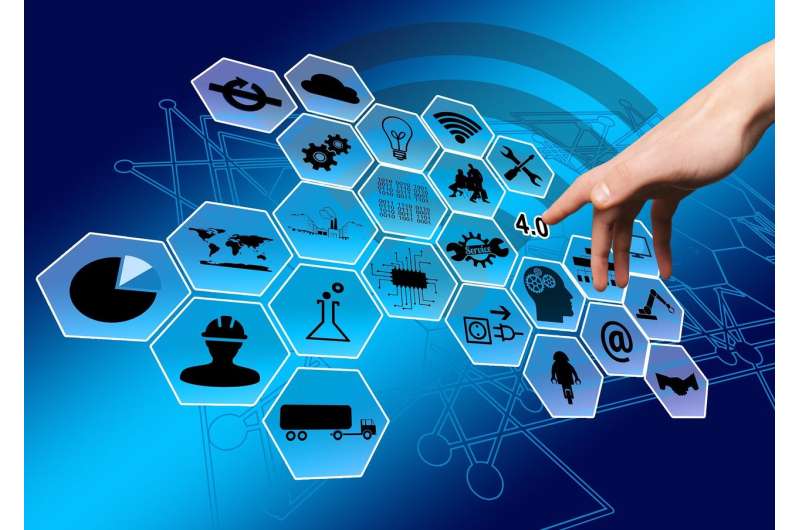This article has been reviewed according to Science X's editorial process and policies. Editors have highlighted the following attributes while ensuring the content's credibility:
fact-checked
trusted source
proofread
Real-time, ultra-sensitive biosensors to improve pathogen detection

For COVID-19 and many common respiratory viruses, rapid tests and polymerase chain reaction (PCR) tests are available and regularly used to detect and diagnose. However, because of the nature of these tests, they are costly and can take minutes, hours or even days to receive a diagnosis and even then, false reporting can occur.
Dr. Soaram Kim, assistant professor in the Department of Electrical and Computer Engineering at Texas A&M University, has developed a remote health and environmental monitoring system with a portable unit that can be used to detect various pathogens.
COVID-19 is just one example of the many pathogens that can be detected with Kim's system, which has capabilities to identify many viruses, bacteria and cancers. With the integration of machine learning algorithms, the system showcases increased speed and reliability of the results compared to many modern testing techniques.
Traditional PCR tests require at least three hours to complete a diagnosis, with typical results shared one or two days later, whereas Kim's system takes seconds and provides instant results directly to the user. Not only is Kim's system cost-effective and fast, but it is also highly sensitive, which enables a much more accurate analysis of the clinical sample (blood, saliva, etc.). Current testing requires .01 to .1 nanogram per milliliter of sample; Kim's new method requires only one attogram per milliliter, which is one billionth of a nanogram.
"This system will provide highly sensitive and fast detection of cancers and pathogens with a simple and low-cost fabrication, highlighting its strong potential for application in the portable diagnosis of other emerging viral diseases for future pandemics," Kim said.
The system also has Internet of Things capabilities to be successfully integrated with smartphones and other technologies that can transfer data electronically, adding to the convenience of the system.
Looking ahead, Kim hopes that the cost-effective nature and rapid response time of his system will benefit health care providers who handle in-office testing for these types of illnesses, but he would also like to see this available at drugstores for everyday use.



















